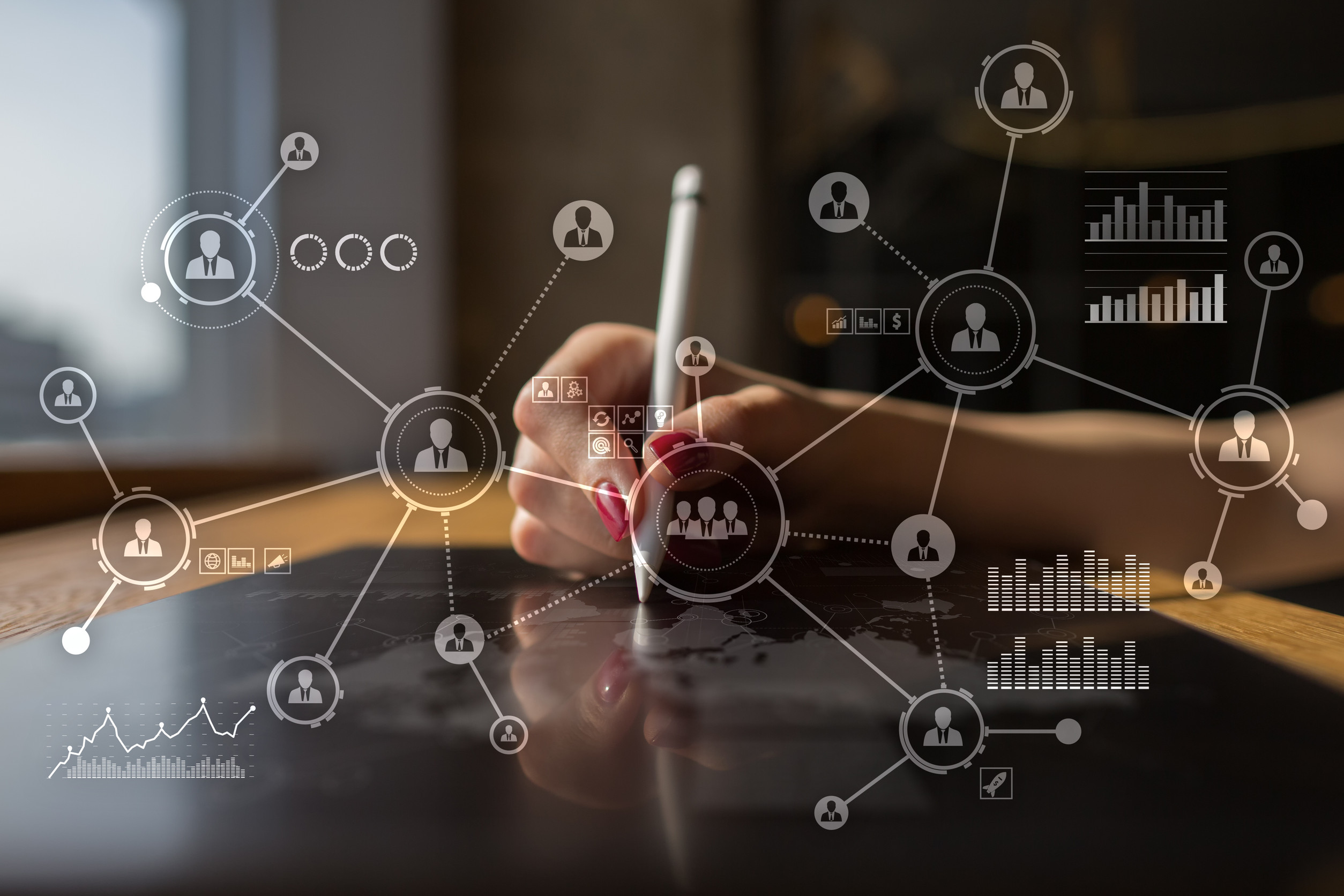How OCBC Bank is infusing analytics into HR
- HRM Asia Newsroom

Deepak Bansal, Vice President for Analytics at OCBC Bank, talks to HRM Magazine Asia about how companies can use data to optimise their people management capabilities.
What do you do at OCBC?
I look after HR analytics, which involves the deployment of data-based insights and recommendations for HR and the business.
We try to help HR back up their decisions with data, and thus add more value to the conversations that HR has with the business.
Our work spans across various HR functions such as compensation and benefits, recruitment, talent management to name a few.
At OCBC, HR Analytics a Centre of Excellence. So we work in parallel with HR – we aren’t disjointed from it. Effectively, we function as internal consultants, with the objective of helping HR to understand and obtain more insights from data.
We also work on strategic integration; using analytics to see how we can better generate insights using data from the various HR functions, combining them and thereby having a 360-degree view of an employee.
Because we cut across all parts of HR, we almost become a central ground that sees what is happening, and how it can all be better linked up.
Is data collection a major challenge?
The challenges that we face in terms of the data collection for various analytical purposes are changing as we move towards the future, and businesses change how they operate.
Marketing and product development sides of a business in any industry – from telecoms, to retail, to finance – are already heavily reliant on data for their day to day business operations.
They have arrived at this stage by going through a journey. It’s not very different for HR and we are moving forward in the right direction.
We need to be futuristic when talking about data collection. We need to set up processes today for data collection so that we are able to use the data in the future.
What are we trying to achieve now, and what might we want to measure in the future? We’re having those conversations internally.
There’s never a sense that we will wait for all the data to come in before working on a specific issue.
There has to be a long-term vision, or you will end up with nothing useful even after a few years.
Analytics doesn’t mean we can do something today and that’s it.
My own vision is to infuse analytics into the way we do HR; the way HR works on a daily basis. Then we will be more on par with the other analytics arms of the business, which generally run based on numbers.

How did you get into HR analytics?
I’ve worked in analytics across different industries and domains – telecom, insurance, and retail. Even when I started at OCBC, it was in group customer analytics for the credit card business.
At that point, I was asked if I wanted to help HR build this function. It was an opportunity to build something from scratch. It was also about showing that data is not restricted to the customer-facing business.
Data is being generated in all parts of the business, and it can be used for the benefit of the organisation.
What can companies do with people analytics? What kind of questions can they answer?
I look at the deployment of analytics in HR from two perspectives.
One is problem-driven: identifying the problem areas the organisation is facing, and reacting to solve them.
So these could be questions like – how do you discern a potential employee’s fit for the organisation when hiring? How do you identify high performers?
Can we predict attrition? How do we link training to the right people? How do we develop the optimum career path for each individual, while ensuring high performance? Are people happy or are they burning out? Is our organisational structure right, are we working at optimal levels?
The other approach is infusing analytics into the way HR operates; transforming HR into a function that’s not project-based or problem-based.
When we develop policies at HR, can we use data to help us? Can we use data to change policies? For example, the compensation and benefits policy. How can we re-work that using data, while retaining the underlying organisational philosophy towards it?
Can I use analytics to change the way we hire altogether? Can I use analytics to run my talent management programs? Can I use analytics to deliver training plans?
What will be the key themes and focus areas for your presentation at HR Festival Asia in May?
Organisations thrive on the existence of a competitive workforce driving innovation and product development.
With recent technological advancement in the way organisations operate, the war for attracting, retaining and developing the next generation of human capital will only become more dynamic and challenging.
Using technology as an enabler for the deployment of various business processes is a key to the success: success for both the new technology and the business.
It’s an exciting time to be in the field of HR and helping organisations succeed using people as their competitive advantage.
| Deepak Bansal, Vice-President for Analytics at OCBC Bank Operations, will be one of more than 100 speakers at HR Festival Asia, brought to you by the dual auspices of HR Technology Conference & Exposition (US) and HR Summit (Asia).
Taking place in Singapore on May 8 and 9 this year, the event will feature six dedicated streams, including Talent Management and Development, HR Tech, and Recruit and Engage. For more information, visit www.hrfestivalasia.com. |






